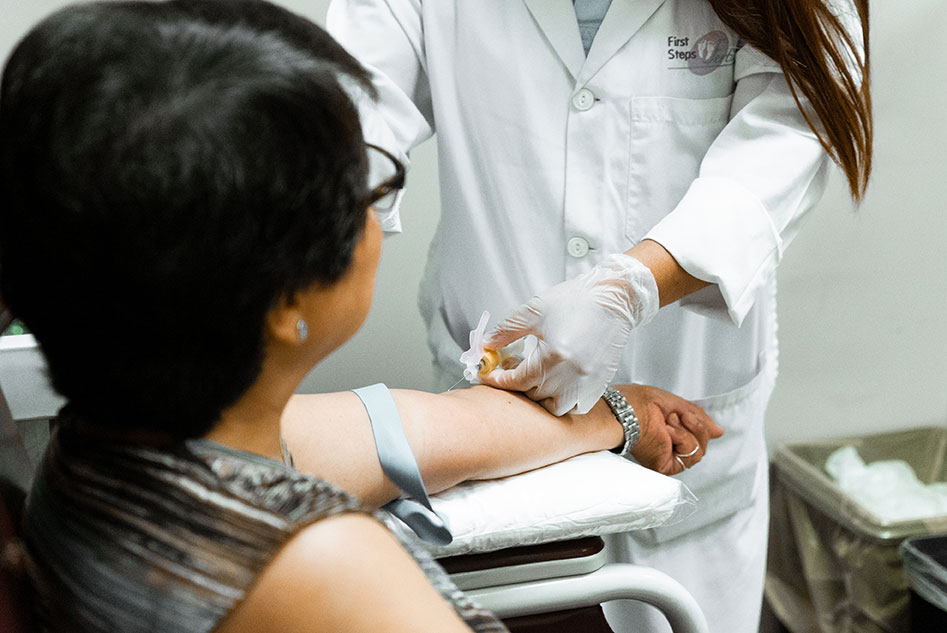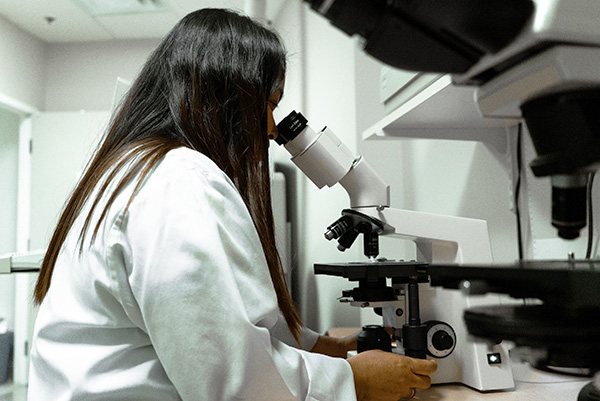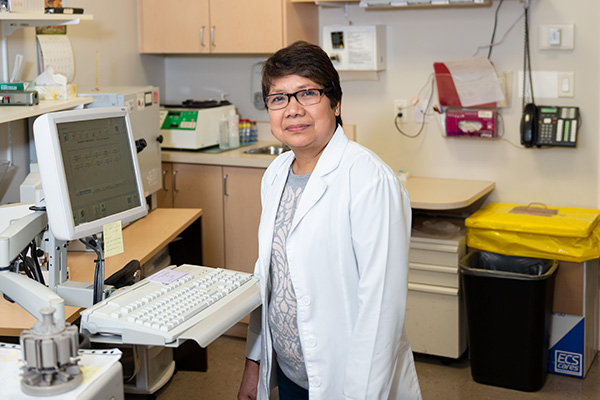
Did you know?
IVF, or in-vitro fertilization, is one of the most common fertility treatments. It uses a combination of surgical procedures and medicines to help sperm fertilize an egg outside of the human body then transfer the embryo into the woman’s uterus. Today, IVF is one of the most commonly used treatments to improve your chances of pregnancy.
How Much Does IVF Cost?
IVF Resources and Articles
Ready to Begin Your Fertility Journey?
Dr. Tanya Williams Fertility Centre has almost thirty years of Infertility and Reproductive Endocrinology experience. No matter where you are on your path to pregnancy, we’re here to support your journey towards a healthy, thriving family.
To explore our full list of fertility treatment services, book a consultation with our Toronto IVF clinic today.









